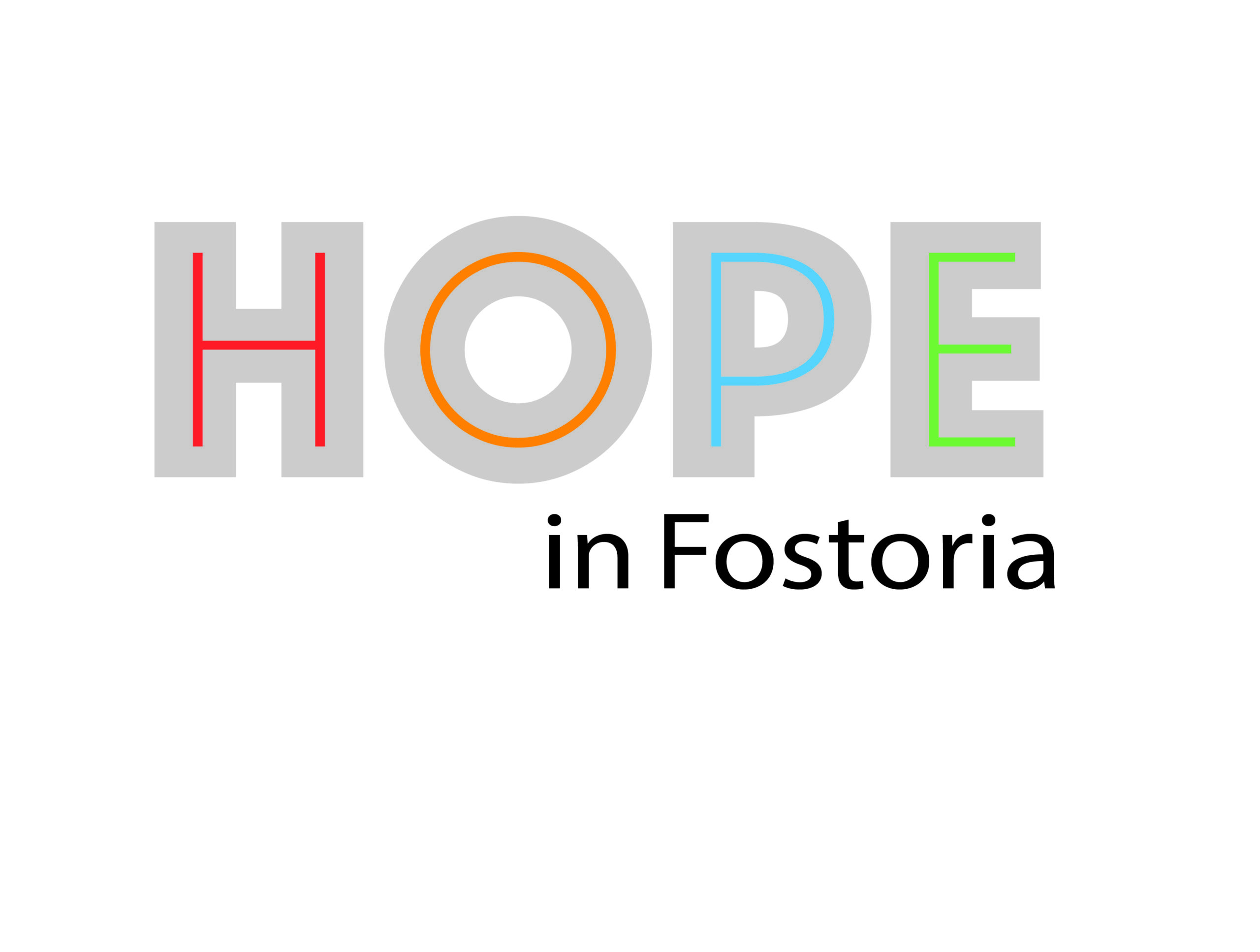PIVOT program changes direction of people’s lives
EDITOR’S NOTE: This is the fourth installment in a five-part series in The Review TImes about one woman’s journey through addiction to drugs and alcohol.
By LINDA WOODLAND
MANAGING EDITOR
 After nearly losing her arm to a flesh-eating disease she contracted from shooting up heroin, and then spending nearly six months in jail on a felony drug charge, Stephanie Smith of Tiffin believed she finally had a handle on her drug addiction.
After nearly losing her arm to a flesh-eating disease she contracted from shooting up heroin, and then spending nearly six months in jail on a felony drug charge, Stephanie Smith of Tiffin believed she finally had a handle on her drug addiction.
That is, until she was released from jail and returned to everyday life without a support system in place.
Within days she was back using drugs, passed out behind the wheel of a car, hit a house and was charged with an OVI (operating a vehicle under the influence) offense.
She went before Tiffin-Fostoria Municipal Court Judge Mark Repp, who sentenced Smith to probation.
Smith said she was following it well and stayed off drugs for a long time.
Then she had a drink, which led to the next drink, and before long she went off the deep end.
“I was in a car with another person, and him and I had both just used (drugs) and passed straight out. We woke up to the police knocking at our windows. He was able to walk away that day. I had a warrant for my fines, so I went to jail where they gave me a drug test,” she said.
While in jail, Smith received Vivitrol, a once-a-month injection that curbs opioid and alcohol cravings. Her probation officer also approached her about joining the PIVOT program.
“When she described it to me, she said to me, ‘you need to try something different, Stephanie, you need something more.’ I was the first person to sign into the program.”
PIVOT (Progress In Victory Of Transition) consolidates certain drug court proceedings for the Tiffin-Fostoria Municipal Court and the Seneca County Common Pleas Court, involving Judges Steve Shuff, Repp and Michael Kelbley.
In order to consolidate drug court proceedings, Ohio law had to be changed. Repp, Kelbley and Shuff went to the Ohio Supreme Court and explained the program they wanted to implement. The state ended up allowing PIVOT as a five-year pilot program, changing Ohio’s constitution for Seneca County only.
Judge Repp told a group attending a H.O.P.E. meeting in Fostoria recently that while the name of the program is a little clumsy, it is really more symbolic of what the Seneca County court system is trying to do to change the direction of people’s lives.
“We have a room full of people and what we do is every Thursday morning we go over everybody that’s in PIVOT,” he said.
He explained that a team — which consists of the three judges, probation officers, prosecutors, defense attorneys, counselors, social workers and others — will go over every aspect of each person’s recovery and discuss how their counseling is progressing, if they had a clean drug screen, how they are doing, where they are living and how their relationships are going.
“Those are the kinds of things we are following up on every day,” he said. “This is not something you would typically get in a probation setting.” Repp said PIVOT is a pretty extensive 35-week program for participants and is broken down into four phases. The orientation phase is early on. Phase one is compliance, which is generally intensive outpatient treatment.
“We’re trying to use the least restrictive environment that’s going to be appropriate for that individual. So if we can get them in an intensive outpatient counseling program, that’s going to be helpful and going to do the trick, we will.“If we have problems, we can seek more restrictive environments. We have a number of resources that we use for those individuals who, for whatever reason, can’t seem to make the transition to sobriety,” Repp said, adding that the last resource is being thrown out of the program.
Of 40 people in the program so far, Repp said only two have dropped out.
EDITOR’S NOTE: Part five in this series looks at what one woman’s substance-free life looks like today after years of drug abuse.
Those seeking recovery from addiction can call Mental Health and Recovery Services Board of Seneca, Sandusky & Wyandot Counties’ 24/7 crisis hotline at 1-800-826-1306.

Recent Comments